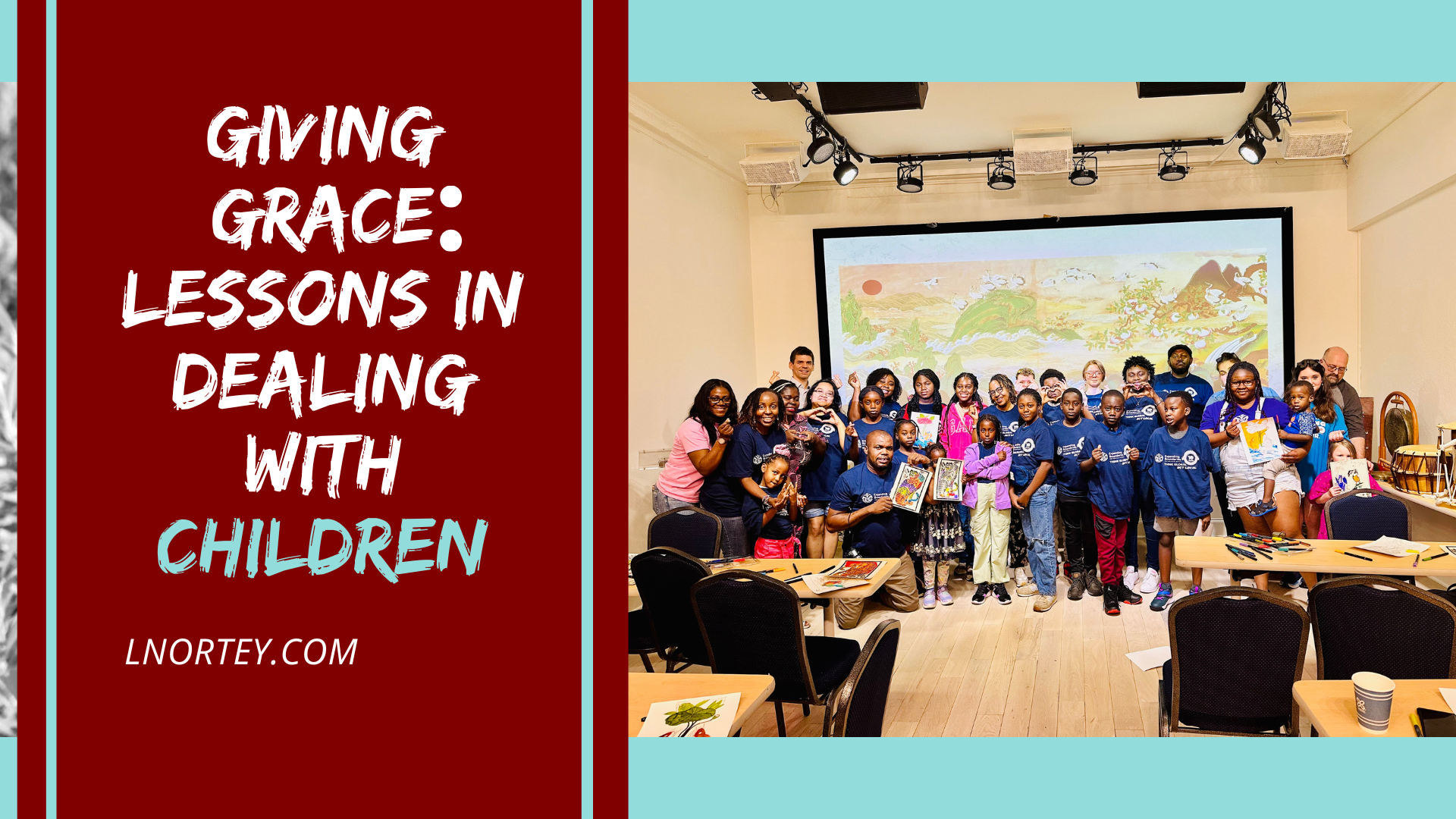Dealing with children can be daunting. I will be the first to admit that I was scared at first. We have all seen the stories in the news—children being mistreated, their innocence taken advantage of. It is heartbreaking. Children are fragile, and often, they cannot articulate when something is wrong until it is too late.
As a mother and the founder of a nonprofit organization that works with youth, I have had the privilege of connecting with children from all walks of life. Over time, I have developed my own approach to understanding and nurturing them. It starts with prayer—asking God for the grace to see things from their perspective.
Remembering Their Stage of Life
One thing I have learned is that children, especially teenagers, can sometimes appear more mature than they are. They might be taller than you or act like they know everything, but they are still growing, experimenting, and figuring out life. Even as adults, we make mistakes, take shortcuts, and sometimes fail to make the best choices. If we, with all our experience, stumble, how much more should we expect children to?
This perspective has taught me to approach children with compassion and patience. They are navigating a world that is new to them, and their actions often reflect their limited understanding. For example, my three-year-old is constantly amazed by new experiences, while my five-year-old, who just started kindergarten, acts like she is a seasoned expert on school life. It is both amusing and humbling to watch them grow.
Grace in Discipline
Yes, discipline is necessary. The Bible says, “Spare the rod, spoil the child.” But discipline should never come from a place of anger or frustration. When we are upset, it is easy to take out our emotions on a child, but that is not fair to them—or to us. Instead, I remind myself to calm down and reflect.
For instance, if my child gets into something they should not—like my glasses or lotion—I ask myself, “Could this have been avoided if I had put it out of reach?” Often, the answer is yes. Children are naturally curious, and it is our responsibility as adults to create an environment that minimizes unnecessary temptations or risks.
Understanding Their World
Children often act out of their own logic, even if it does not make sense to us. They might throw a tantrum because they are hungry and cannot wait for the food to cool down. Or they might “help” in a way that creates more mess than progress. In their minds, they are doing their best. It is up to us to guide them gently, teaching them while remembering that they are still learning.
Even older children—teenagers and young adults—need grace. I think back to my own youth and the mistakes I made, even when I thought I knew everything. That perspective helps me mentor high school and college students with patience and understanding. They are still figuring out who they are and how to navigate life.
When to Step Back
Of course, there are limits. Sometimes, despite our best efforts, a child or young adult will continue to make poor choices. After giving grace, advice, and guidance multiple times, there comes a point when we have to step back and let them learn from their own experiences. It is not easy, but it is often necessary for their growth.
As parents, mentors, and caregivers, we have the incredible responsibility of raising the next generation. It is not always easy, but it is always worth it. I would love to hear from you—what strategies do you use to nurture and guide the children in your life? How do you balance discipline with grace? Let us share and learn from each other as we strive to raise compassionate, resilient children.



Leave A Comment